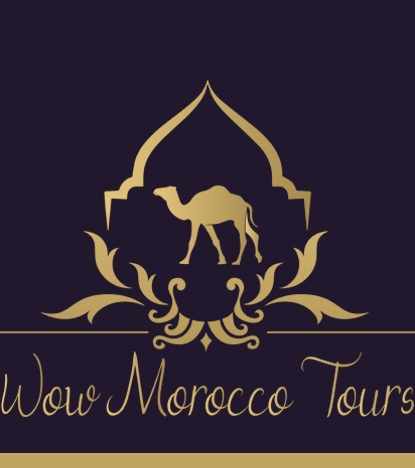
Places to Avoid in Morocco: Stay Safe and Travel Smart
Morocco is a captivating destination that enchants travelers with its vibrant souks, dramatic desert landscapes, ancient medinas, and warm hospitality. From the bustling streets of Marrakech to the serene blue alleys of Chefchaouen, the country offers an unforgettable mix of history, culture, and adventure. However, like any destination, some places and situations require extra awareness. Whether it’s due to safety concerns, overly aggressive touts, political sensitivities, or simply being overwhelmed by crowds, knowing what to avoid can make your trip smoother and more enjoyable.
This guide doesn’t aim to discourage travel to any particular region, but rather to help you make informed decisions. By understanding which places may present challenges, especially for solo travelers or first-time visitors, you’ll be better prepared to navigate Morocco confidently and respectfully. So let’s explore the areas and situations you might want to avoid while still embracing the beauty of this North African gem.
Understanding Travel Safety in Morocco
Morocco is generally considered one of the safest countries in North Africa for tourists. Millions of visitors arrive every year without incident, drawn by the country’s mix of cultural richness, natural beauty, and historical depth. The government also takes tourism seriously, with dedicated police units and improved infrastructure in popular tourist zones. That said, understanding the local context and being aware of your surroundings can significantly enhance your safety and overall experience.
One of the key aspects of traveling safely in Morocco is recognizing the cultural differences. While the country is welcoming, conservative values still shape daily life, particularly in smaller towns and rural areas. Respecting local customs, like dressing modestly, especially for women, and avoiding public displays of affection, goes a long way in ensuring a smooth experience.
Petty crime, such as pickpocketing and minor scams, tends to occur in crowded areas like markets, train stations, and tourist hotspots. These are not unique to Morocco, but staying alert in such environments is important. Most issues can be avoided with basic precautions: secure your belongings, avoid flashing expensive items, and politely decline unsolicited offers for help or guided tours.
It’s also worth noting that certain areas near international borders or conflict zones may have additional travel advisories. Always check with your country’s embassy or travel department before heading to remote or politically sensitive regions. Understanding these nuances allows you to confidently enjoy the warmth, flavor, and color of Morocco while minimizing unnecessary risks.
Neighborhoods in Major Cities to Be Cautious In
Morocco’s major cities like Casablanca, Marrakech, Fes, and Tangier are exciting and dynamic, but they also have neighborhoods or situations that may feel overwhelming or risky to the average traveler, particularly if it’s your first visit. Being aware of these areas doesn’t mean avoiding them entirely, but rather approaching them with a little extra caution and preparation.
Casablanca – Avoiding Unfamiliar Backstreets at Night
Casablanca is Morocco’s largest city and economic center, but it isn’t the country’s top tourist destination. While areas like the Hassan II Mosque and the central Corniche are generally safe, some neighborhoods, especially those far from tourist zones, can be poorly lit and unfamiliar to visitors. Petty theft and scams can be an issue after dark in isolated areas or near the old medina. It’s best to stick to well-traveled streets and use trusted transport options like registered taxis or ride-hailing apps.

Tangier – Be Cautious in the Medina After Dark
Tangier has transformed in recent years, becoming a modern port city with renewed infrastructure. However, the old medina can still be disorienting, especially at night. Aggressive touts and fake guides may approach tourists offering unsolicited help, and then demand payment afterward. During the day, the medina is a must-see cultural gem, but solo travelers should be extra cautious at night and avoid secluded alleys without a local guide.
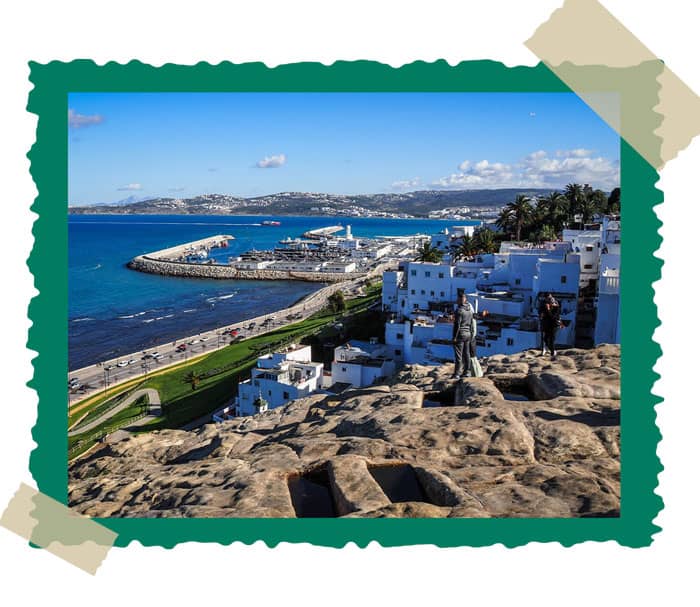
Fes – Lower Medina (Fes el Bali): A Labyrinth of Risks
The Fes Medina is one of the oldest and most fascinating in the Arab world, yet it’s also one of the most difficult to navigate. The narrow, winding streets of Fes el Bali can feel like a maze, making it easy to get lost. Some unlicensed guides may offer directions and then lead travelers on confusing detours, often expecting money or leading them to overpriced shops. While Fes is rich in history, it’s wise to explore it with a certified guide or stick to marked tourist paths.
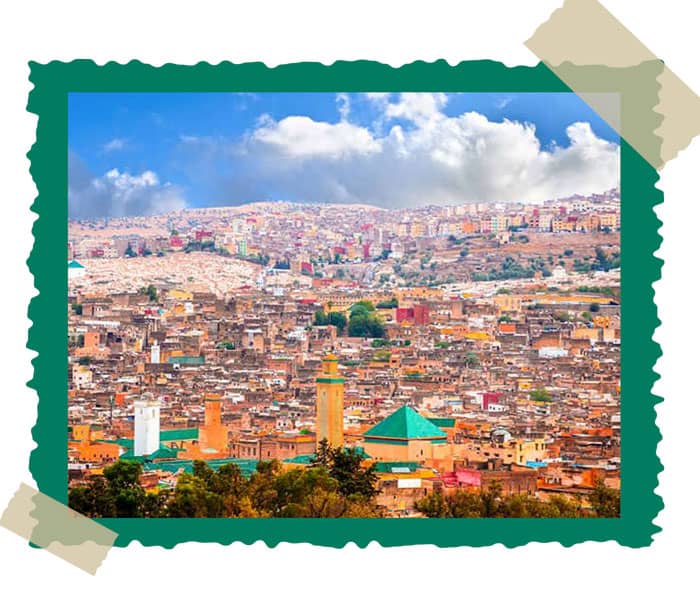
Marrakech – Jemaa el-Fnaa and Surroundings After Dark
Jemaa el-Fnaa Square in Marrakech is iconic, but it can become chaotic at night. While the atmosphere is lively, the crowd also draws pickpockets, aggressive performers, and people running scams, like pretending to offer henna or asking for money after a photo with animals. Some alleys off the square may feel less secure after dark. Stick with groups, avoid wandering alone late at night, and be firm when saying no to services you don’t want.
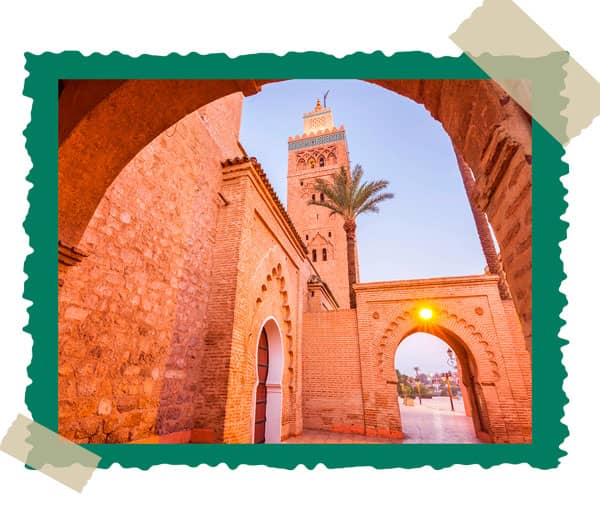
High Atlas in Winter – Risky Without Preparation
The High Atlas Mountains offer stunning landscapes and authentic Berber experiences, but they can be dangerous during winter. Snowstorms and freezing temperatures may trap unprepared hikers or isolate mountain villages for days. Roads like the Tizi n’Tichka Pass, which connects Marrakech to Ouarzazate, can become slippery or even impassable. If you plan to travel through the mountains in colder months, hire an experienced local driver or guide and check weather conditions in advance.
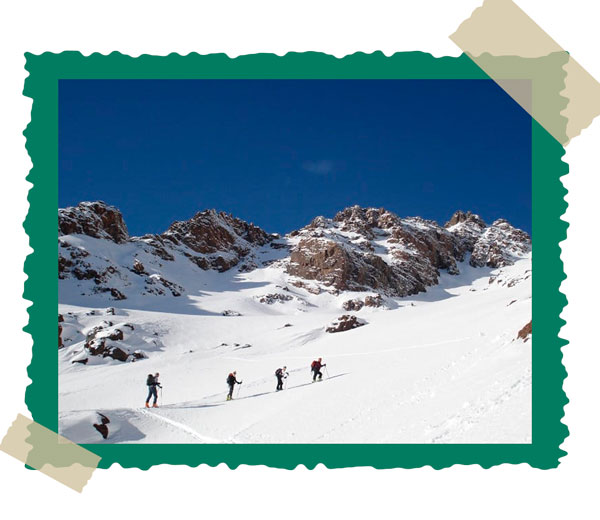
Ready to discover the true beauty of Morocco?
Customize your perfect trip today and explore vibrant cities, breathtaking landscapes, and authentic cultural experiences tailored just for you. Start planning your unforgettable Moroccan adventure now!
Cautionary Zones for Solo Travelers (Especially Women)
Morocco is a hospitable country, and many solo travelers, both men and women—explore it safely every year. However, solo travel comes with unique challenges, especially for women, and there are certain places and situations where extra awareness is essential. These aren’t inherently dangerous zones, but environments where the experience might be more intense or uncomfortable if you’re alone.
A. Certain Areas of the Medina in Major Cities
In cities like Marrakech, Fes, and Tangier, the medinas are cultural highlights but can feel overwhelming. Narrow alleys, aggressive vendors, and unsolicited offers of help can make solo travelers, especially women, feel targeted. While most interactions are harmless, repeated catcalling or being followed can occur. If exploring alone, try to visit during daylight hours, dress modestly, and avoid engaging with persistent strangers.
B. Rural Villages in Conservative Regions
Remote villages in the Rif Mountains, Middle Atlas, or near the Sahara often follow stricter cultural norms. A solo woman traveling through these areas may receive prolonged stares or be perceived as breaking local customs. This isn’t meant to discourage visits, but it’s wise to go with a guide, a group, or at least be accompanied by a local contact. Being respectful in dress and behavior goes a long way in earning respect.
C. Beaches and Coastal Promenades
In cities like Agadir, Essaouira, and Casablanca, public beaches are popular but can sometimes attract unwanted attention, particularly for solo women. Bikinis are accepted in resort areas, but wearing one while walking around can lead to stares or inappropriate comments. Choose hotels with private beach access if you want a more relaxed environment, and consider wearing a cover-up or loose clothing when off the sand.
D. Nighttime Wandering in Less-Lit Areas
Even in cities considered safe, walking alone at night through quiet neighborhoods or dimly lit alleys is not recommended. Solo travelers are more vulnerable to petty theft or harassment. Always plan your routes ahead of time, use taxis or rideshare apps after dark, and inform your accommodation of your plans if you’re venturing far.
Fake Tourist Sites and Overpriced Traps
While Morocco offers countless authentic cultural experiences, the rise in tourism has unfortunately led to the creation of “staged” attractions and overpriced shops designed to capitalize on unsuspecting visitors. These are not necessarily dangerous, but they can leave you feeling misled, frustrated, or overcharged. Knowing how to spot these traps will help you enjoy a more genuine experience.
A. Faux Berber Villages Built for Tourists
Some tour operators include visits to so-called “Berber villages” that are constructed or modified purely for show. While they may feature costumed performers and traditional-looking homes, these sites often lack authenticity and are designed to sell you carpets, pottery, or souvenirs at inflated prices. For a real experience, seek tours that take you to actual Berber communities in the High Atlas Mountains or southern Morocco, where families still practice ancestral traditions.
B. Artisan Cooperatives With High-Pressure Sales
While many artisan cooperatives in Morocco support local craftspeople, others are simply tourist traps with scripted sales pitches and prices marked up several times the market rate. After watching a short demo, often involving carpet weaving, argan oil extraction, or ceramic painting, you may be ushered into a showroom and encouraged to buy. It’s okay to browse, but don’t feel pressured. Compare prices in the souks first and always ask if negotiation is possible.
C. Overpriced Herbal Shops and “Pharmacies”
Moroccan herbal medicine shops can be fascinating, but some are designed more for profit than education. Salespeople might offer “magic cures,” perfumes, or exotic spices at highly inflated prices, especially if you’re part of a group tour. A simple way to avoid overpaying is to visit local souks or public markets instead, where prices are more competitive and locals shop daily.
D. Henna Artists and Street Performers in Jemaa el-Fnaa
In Marrakech’s famous square, henna artists may grab your hand and begin drawing before you consent, then demand payment. Similarly, performers with monkeys or snakes might pressure you into taking a photo and then charge exorbitant fees. To avoid this, be firm and polite: decline any offer you didn’t ask for, and always agree on a price before participating in anything.
What to Avoid: Not Just Places, But Situations
In Morocco, most uncomfortable travel experiences don’t come from dangerous locations; they happen in common tourist settings where certain situations catch travelers off guard. Knowing what kinds of interactions and behaviors to avoid will help you navigate smoothly and confidently.
1. Unsolicited “Guides” Offering to Help You Navigate
In medinas like those in Fes or Marrakech, you’ll likely encounter men offering to guide you through the maze-like streets. Many are not official guides, and while some may mean well, others can lead you in circles or to shops where they earn a commission. They may later demand money, even if you didn’t agree to their help. To avoid this, either politely decline or only hire licensed guides from your riad, hotel, or a registered agency.
2. Tea Invitations in Isolated or Pushy Contexts
Moroccan hospitality is real and often heartfelt—but sometimes, a tea invitation can be a lead-in to a sales pitch or an uncomfortable situation. Be cautious if someone insists on inviting you into a private shop, room, or unfamiliar location. If you’re traveling alone or the invitation feels forced, it’s okay to say no, especially when there’s pressure to buy something afterward.
3. Overfriendly Strangers Offering “Help” at ATMs or Transport Stations
Whether you’re trying to withdraw cash or find your bus platform, someone might suddenly appear to “help.” Sometimes it’s a kind gesture—but other times it’s a tactic for extracting a tip or even attempting fraud. Politely but firmly decline help with money matters, and ask staff or police officers instead.
4. Taking Photos of People or Sensitive Locations Without Permission
Photographing locals, especially women, without asking is considered disrespectful. Additionally, avoid taking photos of police, military personnel, or government buildings; it can lead to serious trouble. Always ask first, and if someone asks for money in exchange for a photo, decide if you’re willing to pay before snapping.
5. Accepting Food or Drinks from Strangers in Remote Areas
While many Moroccan families are sincerely hospitable, be cautious when offered food or drink from strangers in isolated settings or on public transportation. Although rare, there have been cases of theft involving drugged food or drinks. When in doubt, politely refuse or only accept offers in well-established, trusted environments.
Safety Tips to Keep in Mind
While knowing which places and situations to avoid in Morocco is essential, the best way to enjoy your trip is to adopt a proactive approach to personal safety. These practical tips will help you stay secure, confident, and focused on enjoying the incredible sights, sounds, and flavors of Morocco.
1. Choose Registered Guides and Reputable Tours
Always book city tours, desert trips, or excursions through verified travel agencies, your hotel, or trusted platforms. Licensed guides wear official badges and speak multiple languages. This not only ensures a richer experience but also keeps you safe from scams or unplanned detours.
2. Use Trusted Transportation
Stick to petit taxis (in cities), grand taxis (for intercity travel), or rideshare apps like Careem or Heetch when available. Before starting the ride, always agree on the fare if the taxi doesn’t use a meter. For long-distance travel, use official bus companies like CTM or Supratours, which are reliable and safe.
3. Dress Respectfully, Especially in Conservative Areas
Morocco is relatively moderate, but dressing modestly, especially outside major cities, helps avoid unwanted attention. Long pants, skirts, and covered shoulders are recommended, particularly for women. This is also a way to show respect for local culture and gain smoother interactions.
4. Keep Valuables Secure and Out of Sight
Pickpocketing can occur in crowded markets or busy streets. Use anti-theft bags, keep wallets and phones in zipped compartments, and leave unnecessary valuables locked in your accommodation. Avoid wearing flashy jewelry or carrying large sums of cash.
5. Stay Connected and Share Your Itinerary
Keep your phone charged and carry a local SIM card or portable Wi-Fi if possible. Share your travel plans with someone back home, and let your accommodation know if you’re heading on a multi-day trip or desert tour. It adds a layer of safety in case of emergencies.
6. Trust Your Instincts and Be Polite but Firm
If a situation feels off, whether it’s an offer that sounds too good to be true or someone following you—don’t hesitate to walk away. Moroccan people are generally warm and generous, but assertiveness is sometimes necessary to protect your boundaries.
7. Know Emergency Numbers
-
Police: 19 (landline) or 112 (mobile)
-
Ambulance/Fire: 15
-
Tourist Police (in major cities): Ask your hotel for contact
Keep these numbers saved in your phone for easy access.
Ready to discover the true beauty of Morocco?
Customize your perfect trip today and explore vibrant cities, breathtaking landscapes, and authentic cultural experiences tailored just for you. Start planning your unforgettable Moroccan adventure now!
What Is Perfectly Safe and Worth Visiting
Despite the areas and situations to be cautious of, the majority of Morocco remains perfectly safe, welcoming, and rich with unforgettable experiences. With a little planning and awareness, you’ll find yourself immersed in one of the most diverse and fascinating countries in the world. Here are some top destinations and experiences that are not only safe but highly recommended for all types of travelers.
Chefchaouen – The Peaceful Blue Pearl
Nestled in the Rif Mountains, Chefchaouen is a calm, picturesque town famous for its blue-washed streets and relaxed atmosphere. It’s one of the safest destinations in Morocco, ideal for solo travelers, couples, and photographers alike. The local people are friendly, and the medina is small enough to explore without getting lost.
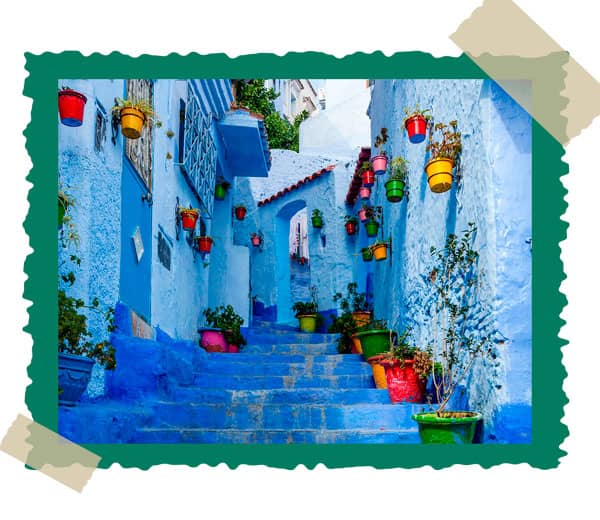
Essaouira – A Laid-Back Coastal Escape
This charming seaside town offers a refreshing break from the intensity of larger cities. Essaouira is known for its artistic vibe, clean beaches, and friendly locals. It’s an excellent destination for families and solo travelers, with less aggressive sales tactics and a cool, breezy climate.
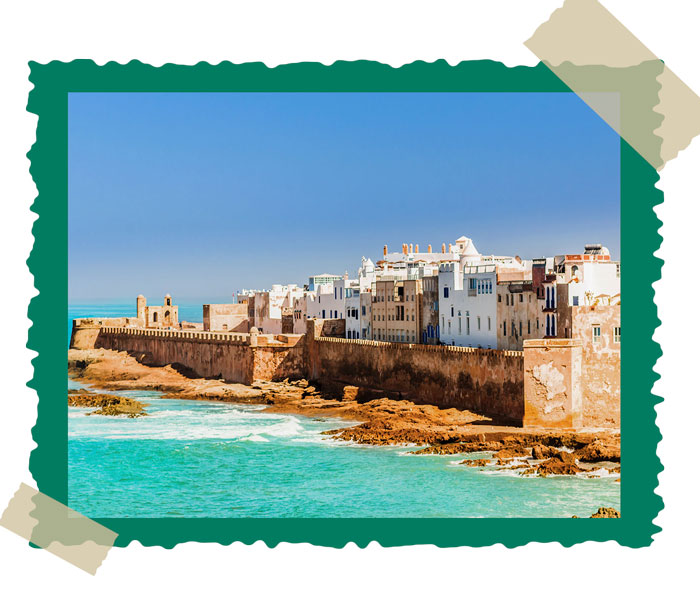
Merzouga & the Sahara Desert – With a Guided Tour
Exploring the Sahara is one of Morocco’s top bucket-list adventures. When done with a reputable guide or agency, desert tours from Merzouga are safe and well-organized. You’ll ride camels, camp under the stars, and visit nomadic communities, all in a setting that feels both magical and secure.
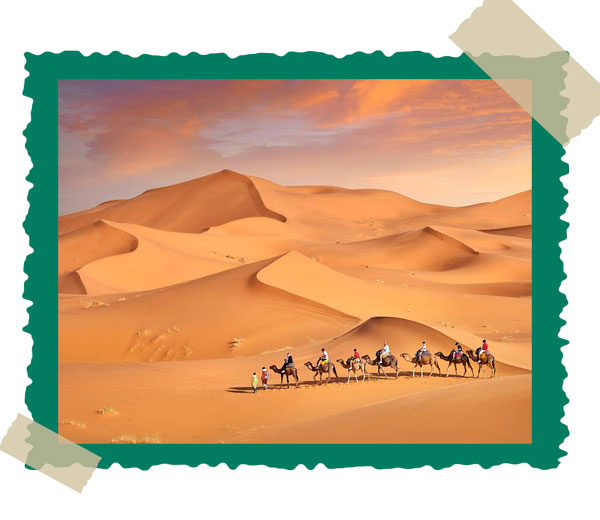
The High Atlas Mountains – With Local Support
For nature lovers and hikers, the High Atlas Mountains offer breathtaking landscapes and authentic Berber hospitality. Trekking routes like those in Imlil or Toubkal National Park are safe and popular, especially when done with a local guide. Mountain lodges are welcoming and offer great insight into traditional Moroccan life.
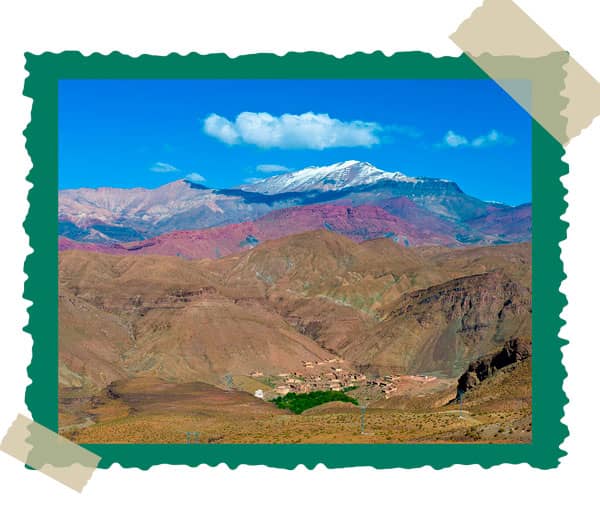
Meknes, Rabat, and Ouarzazate – Under-the-Radar Gems
These cities are often less crowded than Marrakech or Fes but just as culturally rich. Rabat, the capital, is clean and organized, Meknes offers stunning imperial architecture with fewer crowds, and Ouarzazate is your gateway to cinematic landscapes and ancient kasbahs, all with a calm and safe ambiance.
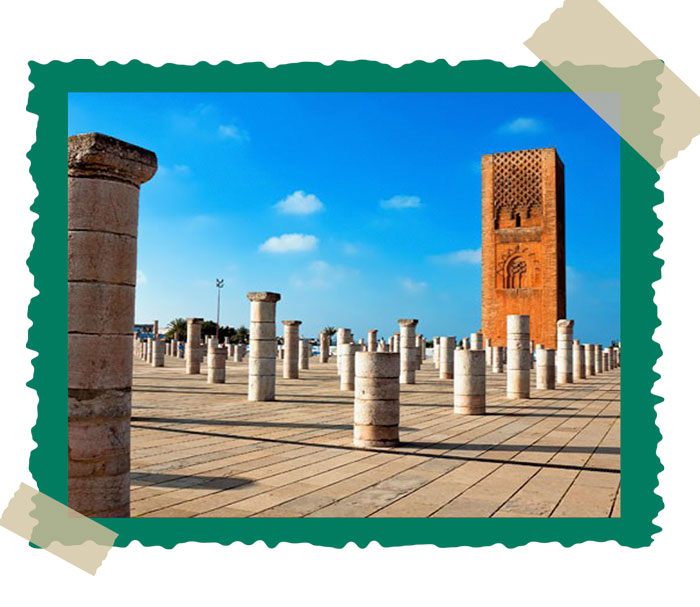
Agadir – For Relaxation and Resorts
With its wide beaches and modern resorts, Agadir is a great place to unwind. It’s especially popular with families and older travelers. The area around the beachfront is secure and tourist-friendly, with plenty of amenities and activities available year-round.
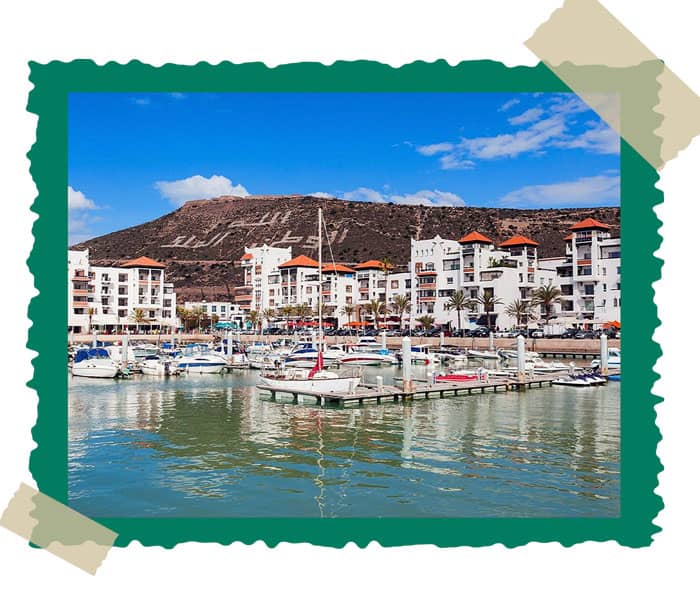
Conclusion
Morocco is a land of rich history, stunning landscapes, and warm hospitality, offering countless unforgettable experiences for travelers of all kinds. While no destination is completely free of risks, being informed about areas and situations to avoid helps you travel smarter and safer. By steering clear of certain neighborhoods at night, respecting local customs, and remaining vigilant in busy tourist spots, you’ll greatly reduce the chance of encountering problems.
Remember, most of Morocco’s cities, towns, and natural wonders are welcoming and safe when approached with common sense and cultural awareness. Whether you’re wandering the blue streets of Chefchaouen, trekking the Atlas Mountains, or camping under the Sahara stars, your journey can be smooth, enriching, and truly magical.
Travel thoughtfully, prepare ahead, and embrace Morocco’s unique charm; it’s a country that rewards curiosity and respect in equal measure.
